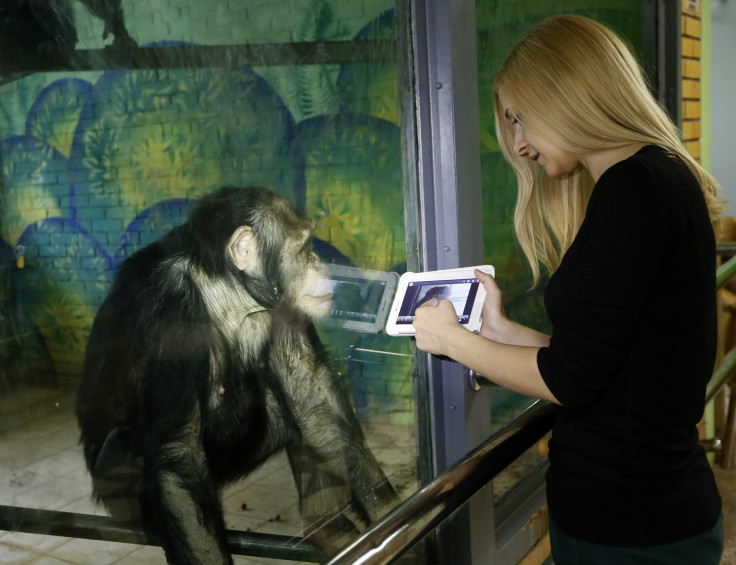Chimps For Research Will Now Be Protected Under The Endangered Species Act

The U.S. government has announced on Friday that all chimpanzees will now be protected under the Endangered Species Act. This move aims to protect the species from being captured and sold, according to reports.
Nature reports that the new ruling will ban most invasive experiments on chimps, with the exception on research studies conducted to “benefit the species in the wild” or any studies that should contribute to the survival or propagation of chimps. This decision stems from a petition filed in 2010 by world’s leading chimp expert, Jane Goodall, and other conservationists who want to eliminate the distinction between captive chimps and their wild counterparts, according to The New York Times.
In 2013, The U.S. Fish and Wildlife Service, or USFWS, proposed the rule not to exempt captive chimpanzees from the Endangered Species Act and consider them as endangered, just like the ones found in the wild. The new rule will apply to more than 700 chimpanzees used in research laboratories in the country, as well as others found in zoos and in the entertainment industry.
According to The New York Times, the use of captive chimpanzees for exportation, importation and for biomedical research will now require permits coming from the USFWS. The report says that the new rule will be official by June 16 and will take effect on September 14 following a 90-day grace period.
“This rule change will help put an end to the exploitation of chimpanzees and we are happy about that,” said Erika Fleury of the North American Primate Sanctuary Alliance in The New York Times report.
By the 20th century, the number of chimpanzees were recorded to be between one and two million, according to the Jane Goodall Institute, or JGI. Today, there are less than 300,000 chimps found in the wild.
The Human Society CEO and president Wayne Pacelle said that there is a lack of funds to carry out protection for retired chimps. Pacelle also said that organisations dedicated to saving chimps need to work together to come up with the funds as well as provide shelter for the species who have helped humanity in many ways.
To report problems or leave feedback on this article, email: wendylemeric@gmail.com.






